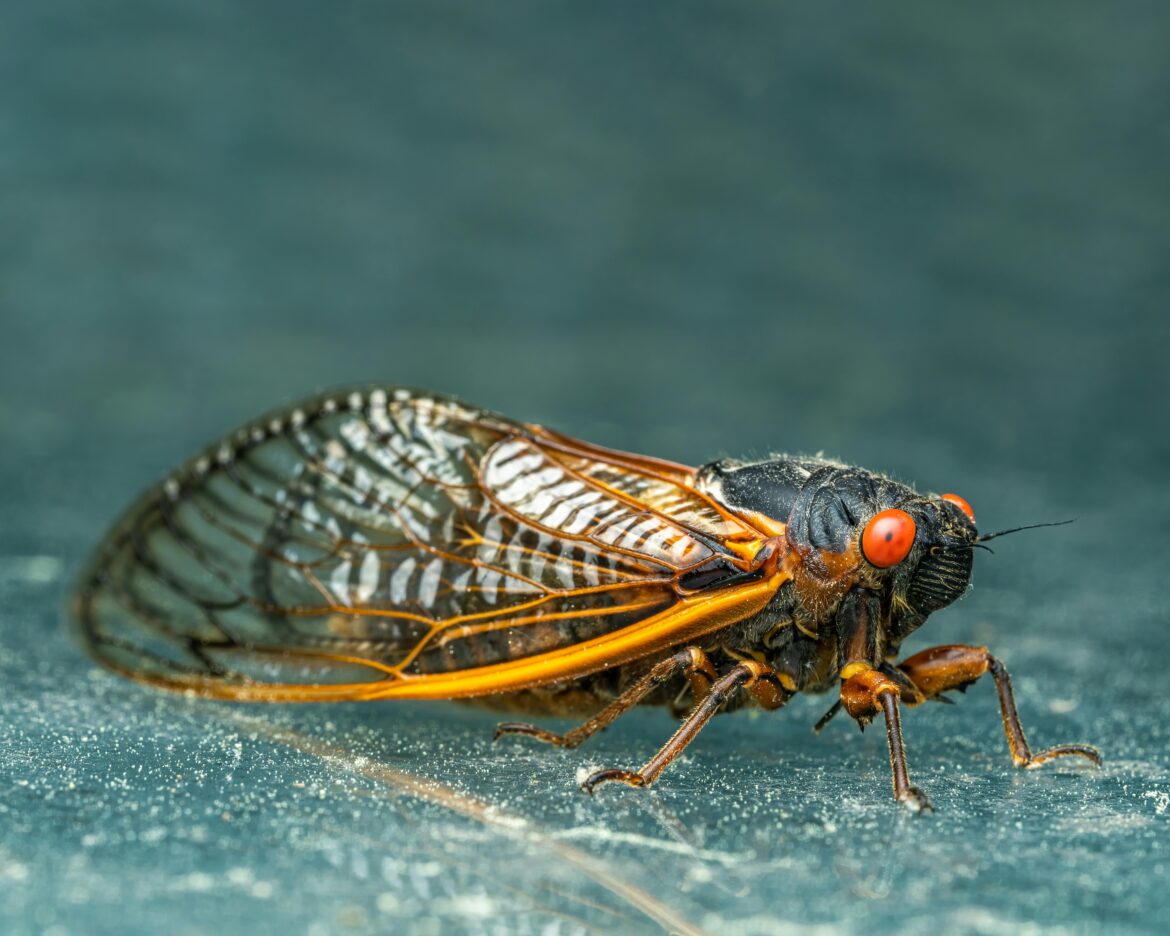By: Georgia Caroline Patterson
FAYETTEVILLE, Ark. (UATV) – University of Arkansas Entomologists say a large influx of two broods of cicadas will make a rare emergence.
This appearance of cicadas is predicted to take place at the end of May and consists of two broods of periodic cicadas.
The last time these two broods surfaced together was in 1803. It will be 221 years until this happens again.
Arkansas’s brood of cicadas, known as Brood XIX, only comes out from underground every 13 years. The most recent emergence was in 2011. The second brood of cicadas is known as Brood XIII and makes an appearance every 17 years.
These two broods synchronizing their exposure makes this emergence a rare event.
Arkansas has 20 different species of Cicada. Each brood of cicada is composed of more than one species of periodical cicada. Typically, cicadas have brown shells, but this spring cicadas with black shells will come into view.
Austin Jones, an Entomology professor at the University of Arkansas says “The reason they are all coming out at once can be related to the ‘they can’t eat us all mentality’ so they all come pouring out at the same time. A few will survive and mate and lay their eggs for the next round of generations,” said Jones.
Environmental factors such as ground temperature can alert the cicadas to come out.
“Cicadas do make a lot of noise. The species that will be coming out can make up to 110 decibels which is equivalent to a lawn mower or a chainsaw running. It can cause hearing damage if you were to have one going off right up against your ear,” said Jones.
Arkansas won’t see as much of an influx of cicadas compared to halfway up Illinois. There will be an overabundance in the zone because this is where southern and northern cicadas overlap.
Jones said “If you go back four million years ago different broods of cicadas would come out together, you wouldn’t have different broods popping out at different times and different places across the country. Overtime habitats change, strange genetics things happen and now you get these broods that pop out.”
Coming out in mass helps these insects overwhelm predators and ensure mates will be around at the same time.
The emergence of cicadas has the potential to get wildlife’s attention. “Many things eat cicadas and cicada nymphs and so this will benefit a lot of other critters that are out there,” said Jones.
Cicadas do not cause harm and they are not a reason to call a pest exterminator. Humans are not expected to lose any sleep unless they sleep during the day. “Cicadas usually only call during the day. Some well-lit areas can experience cicadas calling into the night” Jones said.
Male cicadas are responsible for the noise known as “singing.” Once these insects surface, they only live between four and six weeks. The last time this occurred Thomas Jefferson was president.
Jones said, “Cicada emergence is like the Olympics, they wait four years.”


